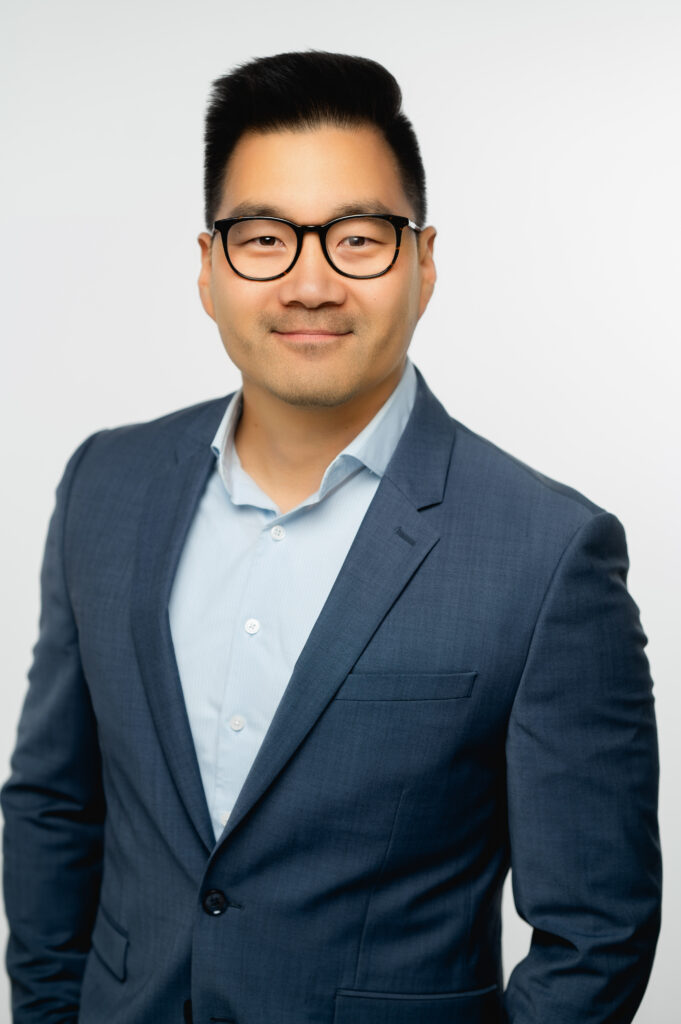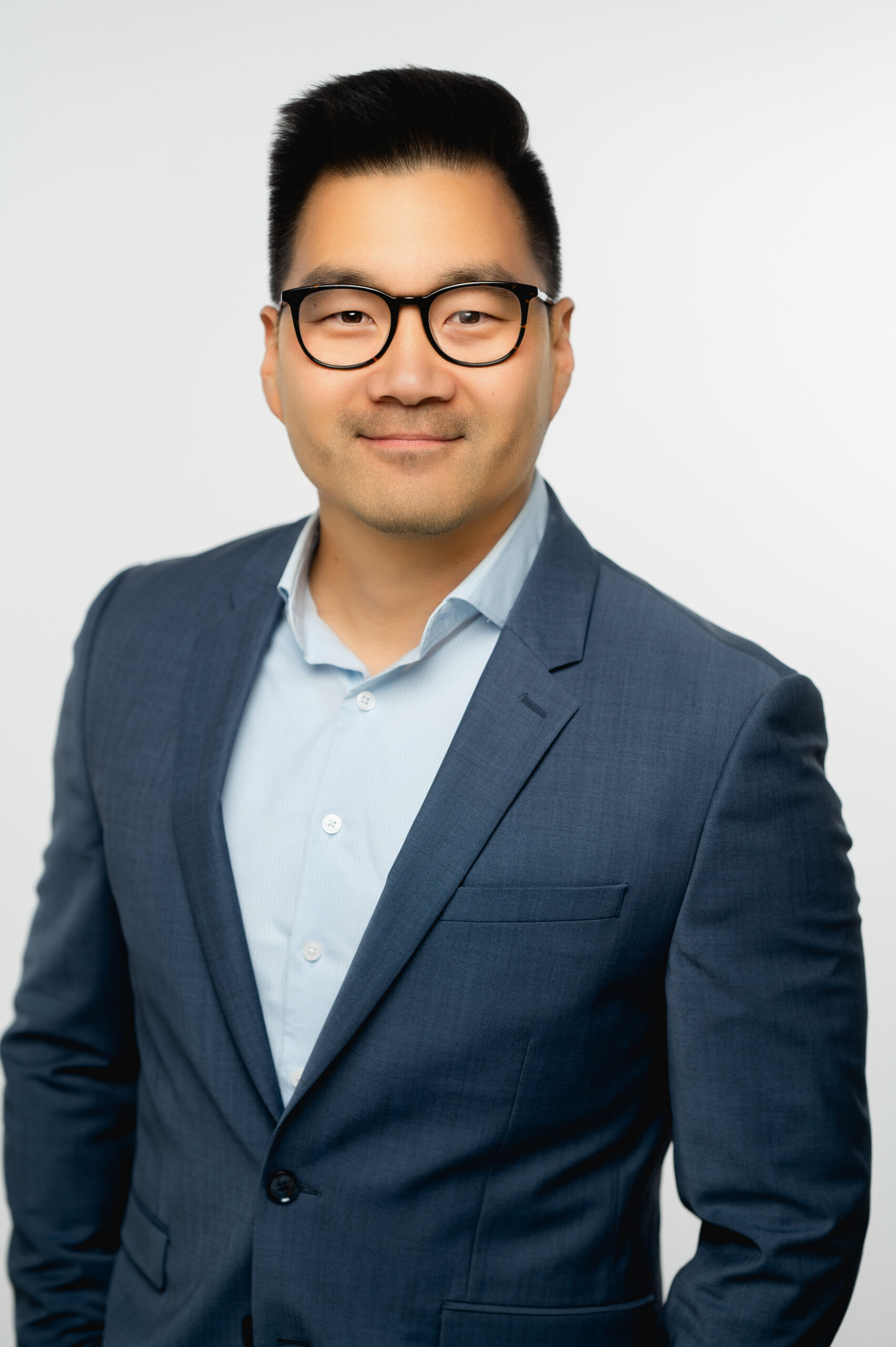
Have you ever felt like no matter how hard you try, you just can’t seem to get ahead financially? You’re not alone—and you’re not bad with money. In fact, the real reason behind financial stress has little to do with budgeting or spreadsheets and everything to do with your emotions and behaviors. In this episode of INHABIT with Alessia Citro, I sat down with TEDx speaker and certified money coach Dave Won to uncover the hidden emotional drivers behind our financial decisions and how to break free from the invisible barriers holding us back.
Dave’s unique approach to money management goes beyond the numbers. He believes that financial stress isn’t about how much you earn or save—it’s about the emotional anchors and subconscious patterns that shape your relationship with money. If you’ve ever wondered why budgeting alone doesn’t work or why financial freedom feels out of reach, this episode is for you.
Why Budgeting Alone Won’t Solve Your Money Problems
Most financial advice starts with one thing: budgeting. But as Dave explains, budgeting is only part of the equation—and it’s not where the real work begins. “People think budgeting is the problem,” Dave shared, “but it’s actually not. The root cause of financial stress is emotional and behavioral.”
Dave’s journey to this realization started with his own experiences. He shared a personal story about buying a brand-new truck while deployed in the military. On the surface, it seemed like a rational decision—he needed a vehicle to move across the country. But deep down, the purchase was driven by a subconscious need for approval. This emotional driver, rooted in his upbringing, shaped many of his financial decisions without him even realizing it.
The truth is, most of us have emotional anchors—like the need for approval, control, comfort, or power—that influence how we spend, save, and manage money. Until we address these underlying emotions, no amount of budgeting or financial planning will truly solve the problem.
The AHHA Framework: A New Approach to Financial Freedom
To help people break free from financial stress, Dave developed the AHA framework:
- Awareness
The first step is recognizing the negative patterns in your financial behavior. Are you overspending to impress others? Avoiding your finances out of fear? Awareness is the foundation for change. - History
Next, dig into your money history. What messages about money did you absorb growing up? How did your parents or guardians handle finances? Understanding these patterns can reveal the root causes of your current behaviors. - Healing
Healing is about addressing the emotional pain tied to your financial habits. For Dave, this meant forgiving his mother for the financial struggles of his childhood. “True forgiveness happens when your emotions no longer want justice,” he explained. - Action
Finally, take intentional steps to align your financial habits with your values. This includes setting goals, creating systems, and building habits that support your long-term vision.
Key Takeaways from the Episode
Here are some of the most impactful insights from my conversation with Dave:
- Money is never just about money. It’s tied to deep emotional needs like approval, control, and security.
- Your financial behaviors are shaped by your past. Understanding your money history is key to breaking negative patterns.
- Forgiveness is a powerful tool. Letting go of past pain can free you from emotional anchors that hold you back.
- Financial freedom isn’t about how much you have. It’s about addressing the emotions driving your decisions.
- Practical steps matter, but they’re not the starting point. Budgeting and goal-setting only work when you’ve done the inner work first.
How to Start Healing Your Relationship with Money
If you’re ready to take control of your finances, start by asking yourself these three questions about your spending:
- Does this expense come as a surprise to me?
- Do I feel guilt or shame about this purchase?
- Was I able to live without this before?
These questions can help you identify emotional spending patterns and begin to understand the “why” behind your financial decisions.
Remember, financial freedom isn’t about perfection—it’s about progress. By addressing the emotional and behavioral roots of your money habits, you can create a healthier, more fulfilling relationship with your finances.
Final Thoughts
You’re not bad with money—you’re just human. We all have emotional anchors and subconscious patterns that shape our financial decisions. The good news? With awareness, healing, and intentional action, you can break free from these invisible barriers and achieve true financial freedom.
If this post resonates with you, I encourage you to listen to the full episode (on Apple or Spotify) and share it with someone who might benefit from hearing it. And don’t forget to connect with Dave Won on LinkedIn or via his website for more insights on transforming your relationship with money. (And if you haven’t watched his TEDx talk, do so here!)
This blog post was generated by AI. Want to learn how I do this in 5 minutes or less? I teach this and more in The Audio Authority Blueprint Podcast [Systems Only] program. Click here to learn more.




Comments +